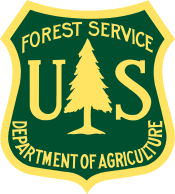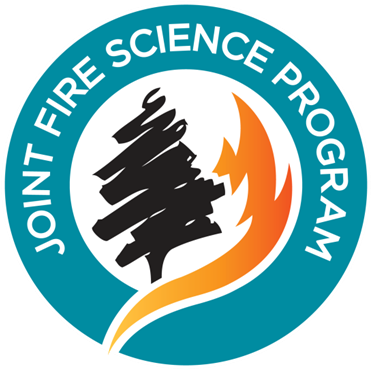Both topography and climate affected forest and woodland burn severity in two regions of the western US, 1984 to 2006
| Title | Both topography and climate affected forest and woodland burn severity in two regions of the western US, 1984 to 2006 |
| Publication Type | Journal Article |
| Year of Publication | 2011 |
| Authors | Dillon, GK |
| Secondary Authors | Holden, ZA |
| Tertiary Authors | Morgan, P |
| Subsidiary Authors | Crimmins, MA, Heyerdahl, EK, Luce, C |
| Journal | Ecosphere |
| Volume | 2 |
| Start Page | 130 |
| Issue | 12 |
| Keywords | ecological change detection, fire ecology, Landsat TM, northwestern United States, random forests, relative differenced normalized burn ratio (RdNBR), remote sensing, southwestern United States, technical reports and journal articles, wildland fire |
| Abstract | Fire is a keystone process in many ecosystems of western North America. Severe fires kill and consume large amounts of above- and belowground biomass and affect soils, resulting in long-lasting consequences for vegetation, aquatic ecosystem productivity and diversity, and other ecosystem properties. We analyzed the occurrence of, and trends in, satellite-derived burn severity across six ecoregions in the Southwest and Northwest regions of the United States from 1984 to 2006 using data from the Monitoring Trends in Burn Severity project. Using 1,024 fires from the Northwest (4,311,871 ha) and 497 fires from the Southwest (1,434,670 ha), we examined the relative influence of fine-scale topography and coarse-scale weather and climate on burn severity (the degree of change from before the fire to one year after) using the Random Forest machine learning algorithm. Together, topography, climate, and weather explained severe fire occurrence with classification accuracies ranging from 68% to 84%. Topographic variables were relatively more important predictors of severe fire occurrence than either climate or weather variables. |
| URL | https://www.fs.fed.us/rmrs/publications/both-topography-and-climate-affected-forest-and-woodland-burn-severity-two-regions |




